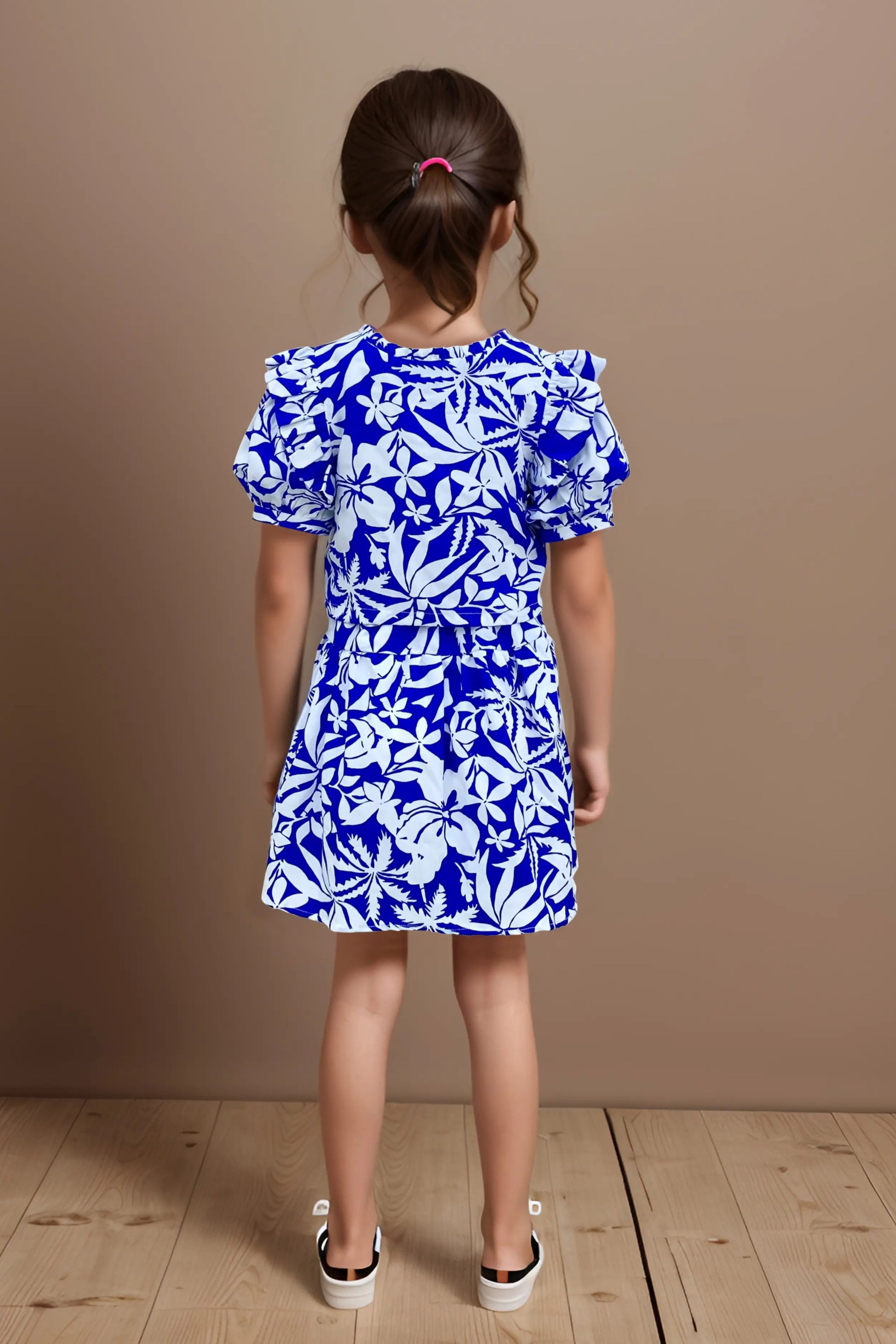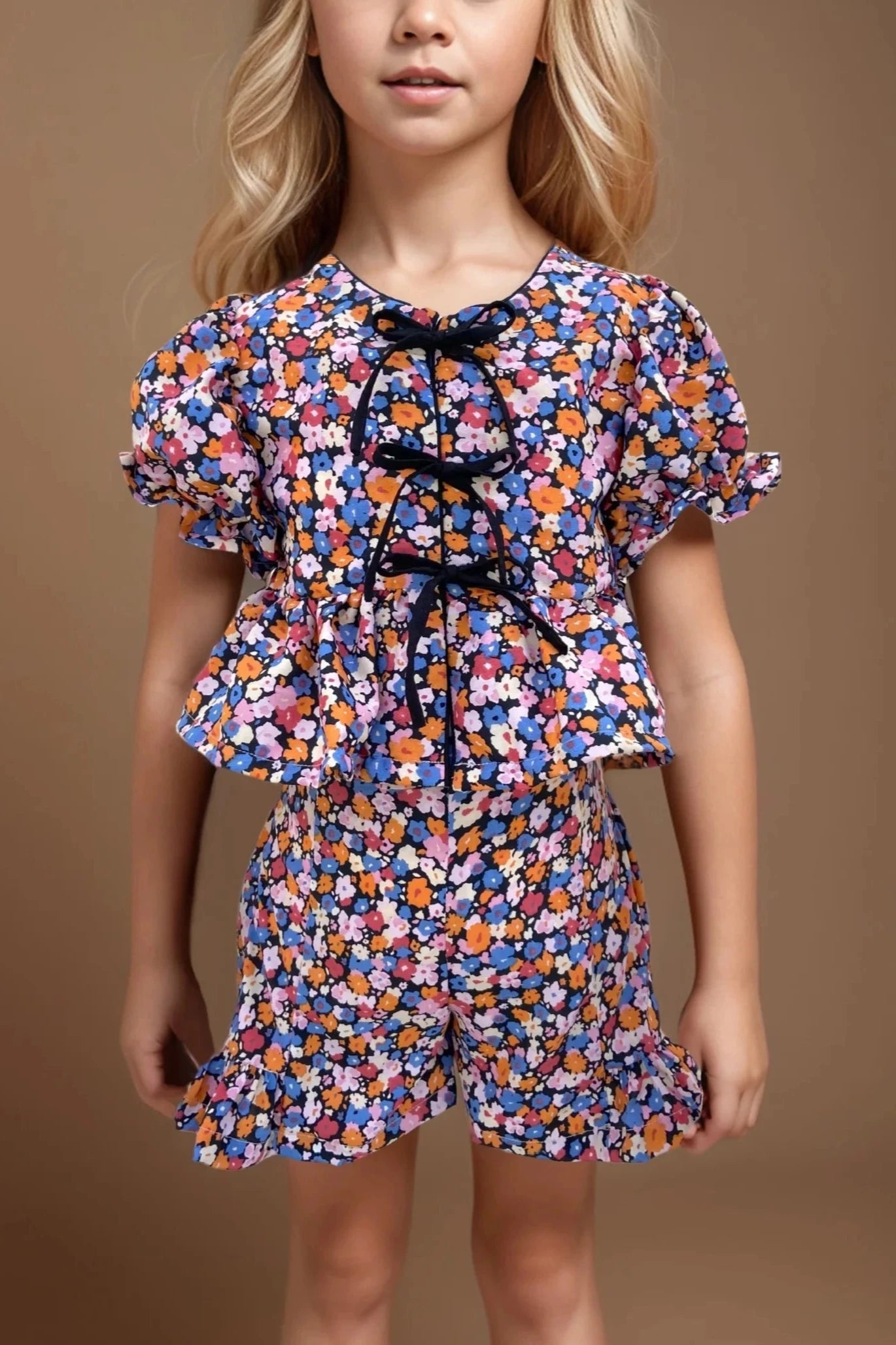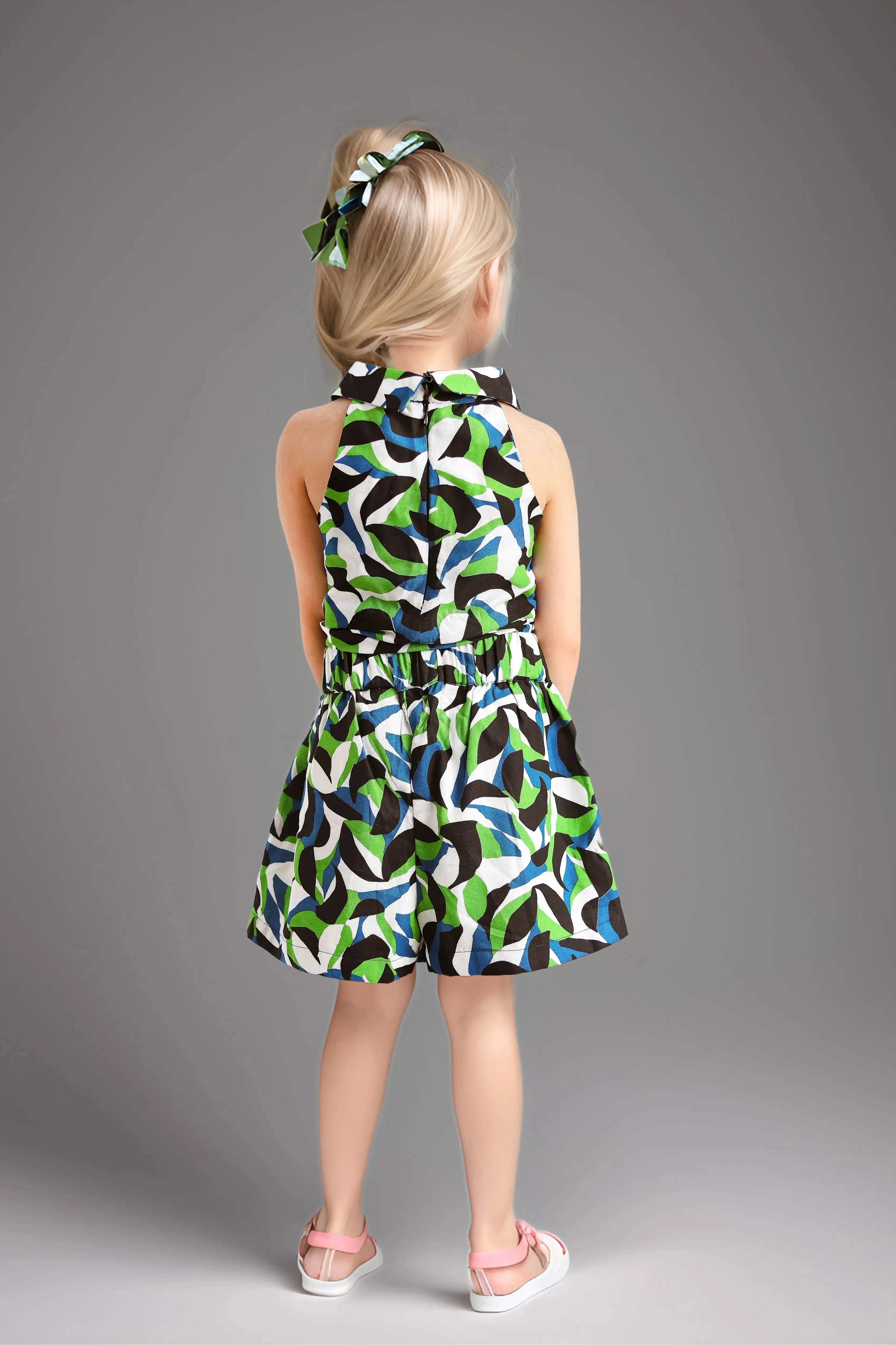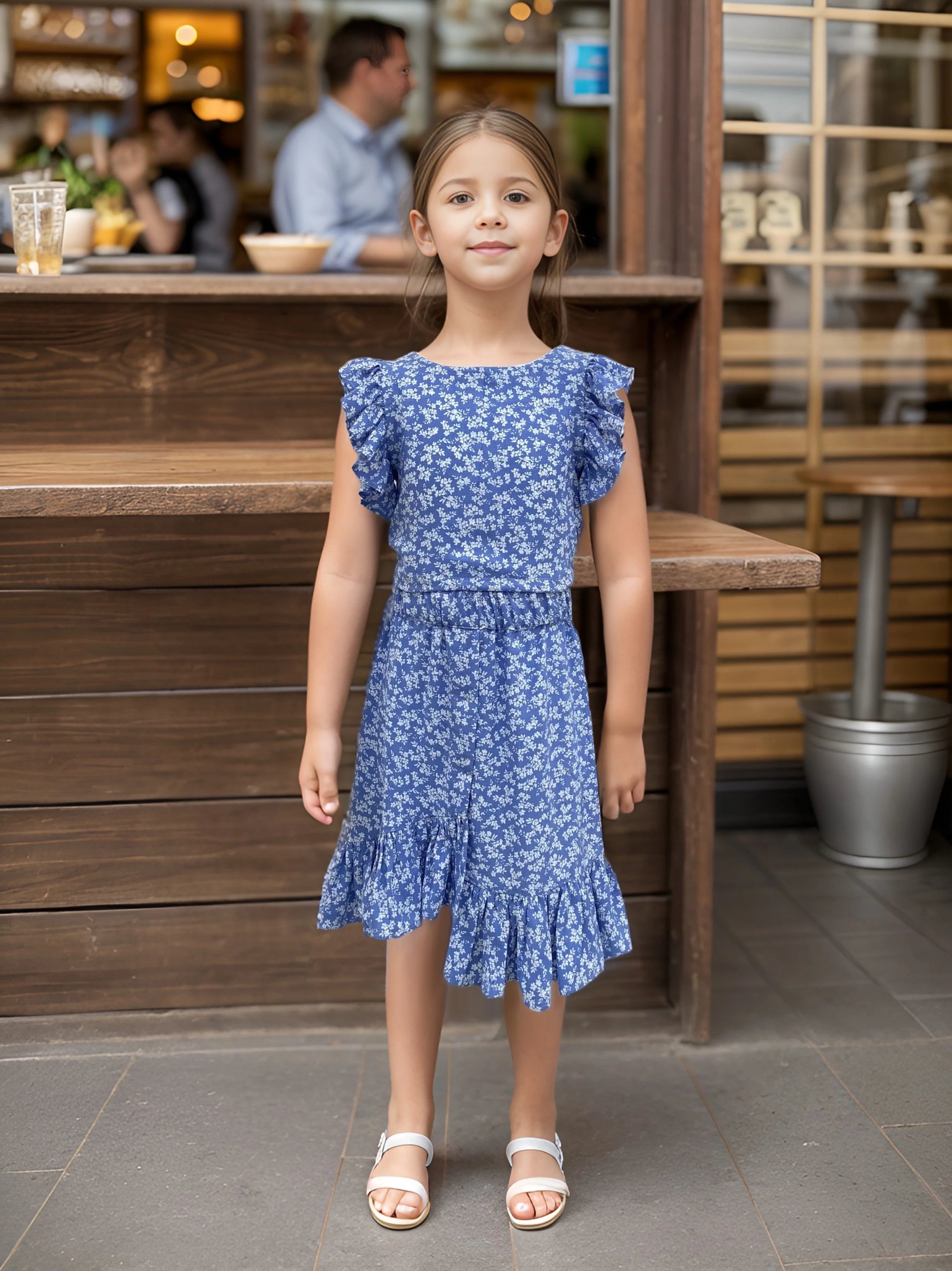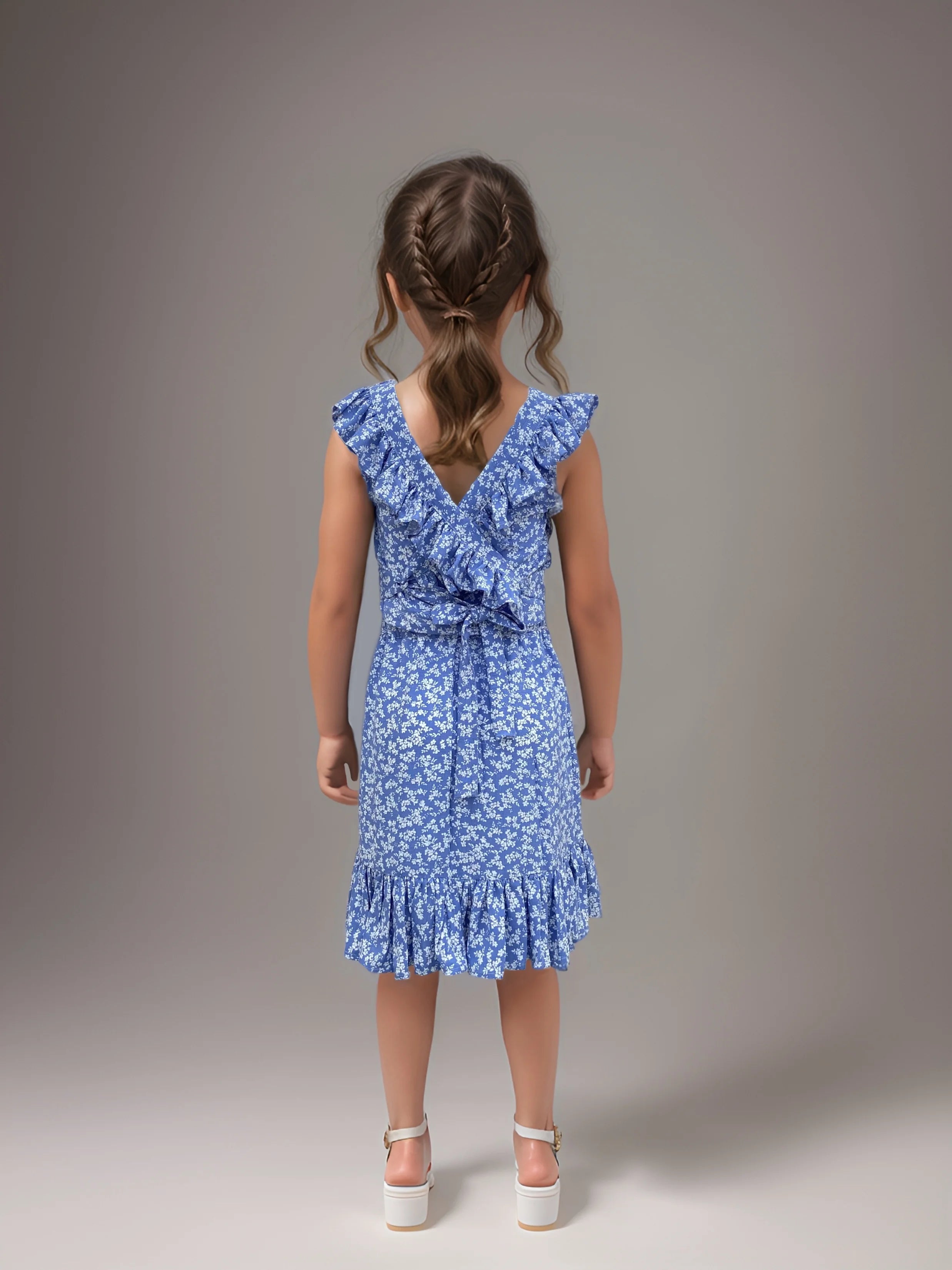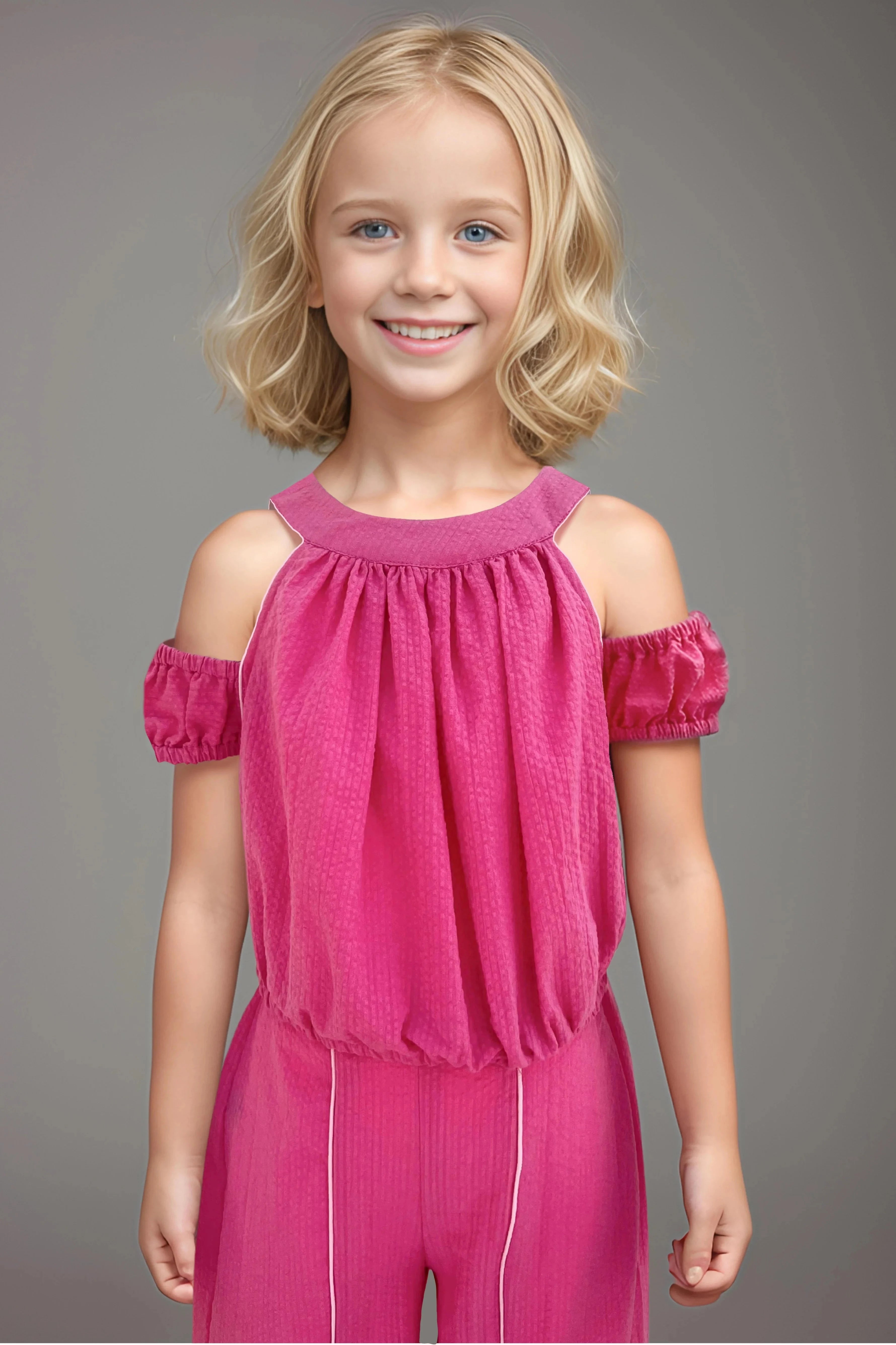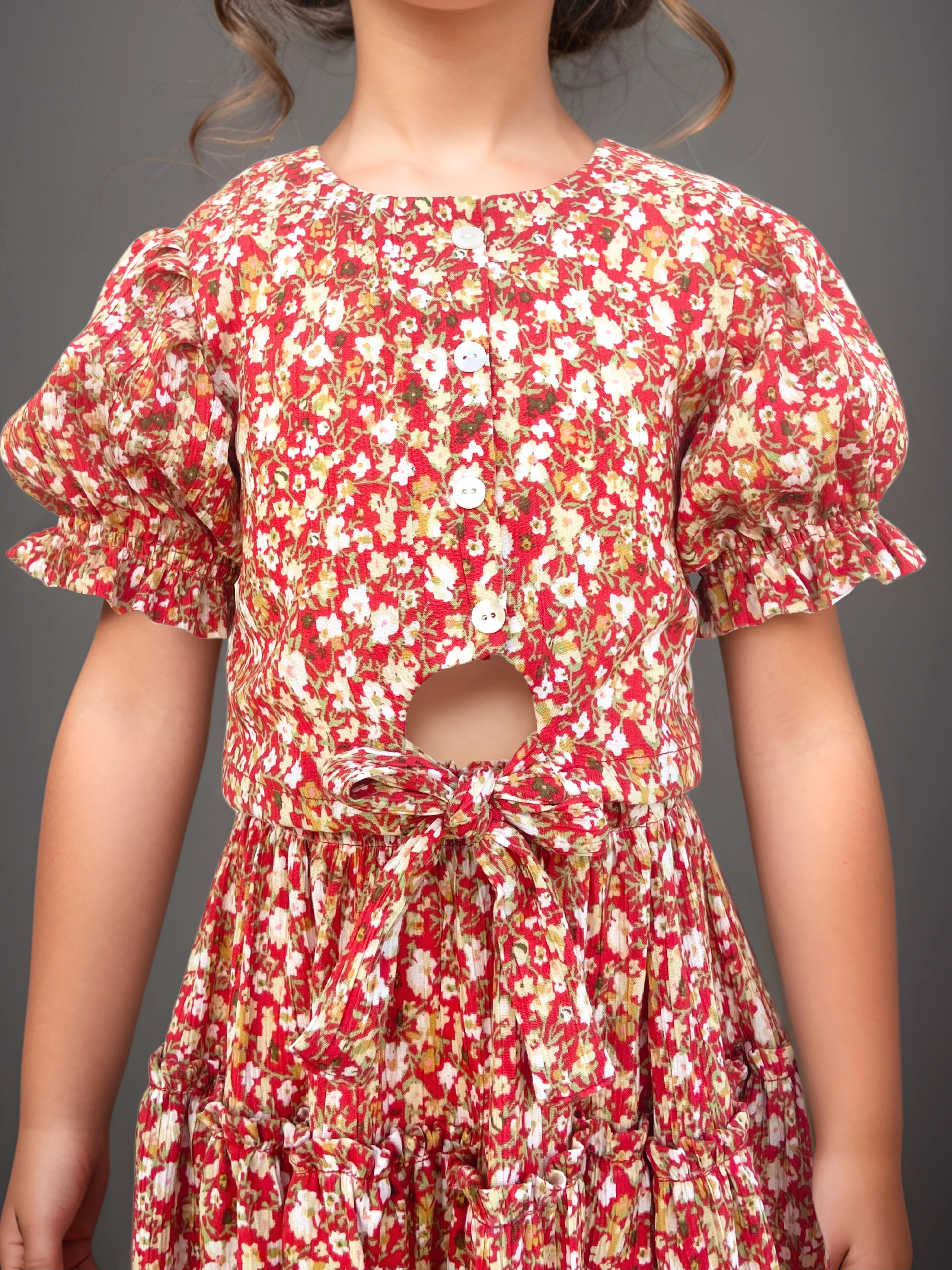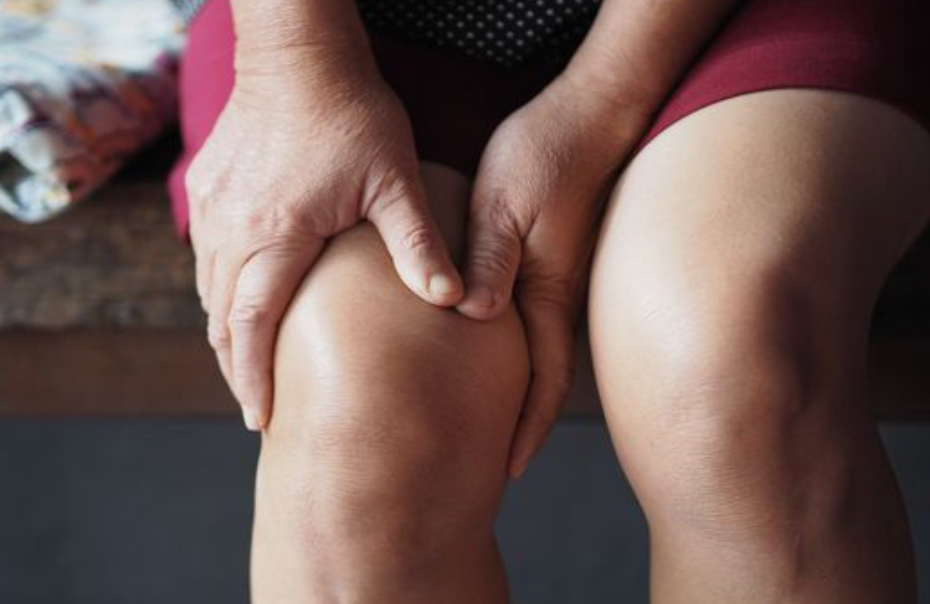Can Prenatal Vitamins Promote Hair Growth?
Pregnancy is a transformative journey marked by a surge of hormones and bodily changes that can affect various aspects of your health, including your hair. While some women experience thicker, shinier hair during pregnancy, others may notice thinning, dryness, or even hair loss. This is where the question arises: Can prenatal vitamins promote hair growth?

What Are Prenatal Vitamins?
Prenatal vitamins are supplements designed to support the nutritional needs of pregnant women. They typically contain a combination of vitamins and minerals essential for fetal development, such as folic acid, iron, calcium, and vitamin D. These nutrients also contribute to the overall health of the mother, including potentially benefiting hair growth.
Prenatal Tablet Uses
Prenatal vitamins are primarily used to ensure that pregnant women receive adequate nutrients to support the growth and development of their baby. They help prevent nutrient deficiencies that may arise due to increased nutritional demands during pregnancy. Additionally, prenatal vitamins can maintain the mother's health, supporting hair growth and preventing hair loss caused by nutrient deficiencies.
Key Uses of Prenatal Tablets:
Support Baby's Development: Provide essential nutrients like folic acid, iron, calcium, and vitamin D crucial for the baby's growth and development.
Prevent Nutrient Deficiencies: Ensure that pregnant women get enough vital nutrients to meet the increased nutritional demands.
Promote Maternal Health: Help maintain the mother's overall health, including potential benefits for hair growth.
"My doctor recommended continuing prenatal vitamins postpartum. I noticed less hair shedding than I experienced with my first child, where I didn't take vitamins as consistently."-Sarah, expectant mother.
The Role of Prenatal Vitamins
Prenatal vitamins are specifically formulated to provide essential nutrients that support the growth and development of your baby. However, some of these nutrients, such as folic acid, iron, and vitamin D, can also play a role in maintaining healthy hair growth.
Folic Acid:
Folic acid is a B vitamin crucial for cell division and DNA synthesis. It is particularly important for hair growth as it helps in the formation of new hair follicles.
Iron:
Iron plays a vital role in transporting oxygen to the scalp and hair follicles. A deficiency in iron can lead to hair loss or thinning.
Vitamin D:
Vitamin D is involved in regulating cell growth and differentiation. It also helps in the absorption of calcium, which is essential for healthy hair growth.

Do Prenatal Vitamins Improve Hair Growth?
While prenatal vitamins can provide essential nutrients that support hair growth, they are not a magic bullet for hair loss or thinning. Studies on the direct impact of prenatal vitamins on hair growth have yielded mixed results. Here are some key points to consider:
- Nutrient Deficiencies: Prenatal vitamins can help improve hair growth in women with nutrient deficiencies, particularly those lacking in folic acid, iron, or vitamin D.
- Hormonal Changes: During pregnancy, hormonal changes can affect hair growth positively or negatively. Prenatal vitamins might help balance these effects by providing essential nutrients.
- Health of the Mother: Overall maternal health plays a crucial role in hair health. Prenatal vitamins support general well-being, which can indirectly benefit hair growth.
- Mixed Research Results: Some studies indicate that prenatal vitamins may help with hair growth, while others show no significant effect. This variability suggests that individual responses to prenatal vitamins can differ.
- Not a Cure-All: Prenatal vitamins alone are not a comprehensive solution for hair loss or thinning. A holistic approach, including diet, stress management, and gentle hair care, is essential.
"Ensure your diet includes a variety of nutrient-dense foods such as fruits, vegetables, whole grains, and lean proteins. This not only supports your hair health but also your overall well-being." – Dr. Emily Brown
Factors Affecting Hair Growth
Hair growth is influenced by a multitude of factors, each playing a unique role in the overall health of your hair. Here are the key factors explained in detail:

Genetics
Genetics play a fundamental role in determining the growth rate, thickness, and overall health of your hair. Your genetic makeup influences the hair growth cycle, including the length of the anagen phase (growth phase) and the characteristics of your hair follicles. If your family has a history of hair loss or thinning, you might be more prone to experiencing similar issues. Genetic factors are largely beyond your control, but understanding them can help you manage expectations and seek appropriate treatments or preventive measures.
Hormones
Hormonal changes significantly impact hair growth. During pregnancy, elevated levels of estrogen prolong the anagen phase, resulting in thicker and fuller hair. However, postpartum hormonal shifts can lead to increased hair shedding, often referred to as postpartum alopecia. Conditions such as polycystic ovary syndrome (PCOS) and thyroid disorders also disrupt hormonal balance, leading to hair thinning or loss. Balancing hormones through medical treatment, a healthy diet, and stress management can help maintain healthier hair.
Nutrient Deficiencies
Nutrient deficiencies are a common cause of hair loss and poor hair health. Key nutrients for hair growth include:
- Iron: Essential for oxygen transport to hair follicles. Iron deficiency can lead to anemia, causing hair thinning and loss.
- Folic Acid: Supports cell division and the formation of new hair follicles.
- Vitamin D: Regulates cell growth and differentiation, crucial for hair follicle health.
- Protein: Hair is primarily made of keratin, a protein. Adequate protein intake is necessary for hair strength and growth.
- Ensuring a balanced diet rich in these nutrients can promote healthier hair growth.
Stress Levels
Chronic stress can have a detrimental effect on hair growth. Stress triggers the release of cortisol, a hormone that can disrupt the hair growth cycle, leading to conditions such as telogen effluvium, where a large number of hair follicles enter the resting phase prematurely. This can result in significant hair shedding. Managing stress through techniques like yoga, meditation, exercise, and sufficient sleep can help maintain healthy hair growth.
Underlying Health Conditions
Various underlying health conditions can affect hair growth. Autoimmune diseases such as alopecia areata cause the immune system to attack hair follicles, leading to hair loss. Thyroid disorders, particularly hypothyroidism and hyperthyroidism, can also disrupt hair growth. Diabetes, lupus, and certain infections can contribute to hair thinning or loss. Proper diagnosis and treatment of these conditions are essential for restoring normal hair growth.
Hair Care Practices
Your daily hair care routine can impact hair health. Frequent use of heat styling tools, harsh chemical treatments, and tight hairstyles can cause damage to hair shafts and follicles, leading to breakage and hair loss. Gentle hair care practices, such as using mild shampoos, avoiding excessive heat styling, and choosing loose hairstyles, can help maintain the integrity of your hair and promote healthy growth.

Promoting Healthy Hair During Pregnancy
While prenatal vitamins may not be a guaranteed solution for hair growth, there are several things you can do to promote healthy hair during pregnancy:
- Maintain a Balanced Diet: Ensure your diet includes adequate amounts of nutrient-rich foods, such as fruits, vegetables, whole grains, and lean protein sources.
- Manage Stress Levels: Chronic stress can negatively impact hair growth. Practice stress-management techniques such as yoga, meditation, or deep breathing exercises.
- Gentle Hair Care: Be gentle with your hair when washing and styling. Avoid harsh shampoos and excessive heat styling.
- Seek Professional Guidance: If you are concerned about hair loss or thinning, consult your healthcare provider or a dermatologist to rule out any underlying health conditions and discuss potential treatment options.
Prenatal vitamins can play a role in supporting healthy hair growth by providing essential nutrients. However, they are not a guaranteed solution for hair loss or thinning. Maintaining a balanced diet, managing stress levels, and practicing gentle hair care practices are equally important for promoting healthy hair during pregnancy. If you have concerns about your hair health, consult your healthcare provider for personalized advice and treatment options.
You may also like to read: Prenatal vitamin induced digestive issues
FAQs
What are prenatal vitamins and why are they important?
Prenatal vitamins are supplements that provide essential nutrients needed during pregnancy to support the baby's development and the mother's health. They typically include folic acid, iron, calcium, and vitamin D, which help prevent birth defects, promote healthy growth, and ensure adequate maternal nutrition.
Can taking prenatal vitamins actually help with hair growth?
Prenatal vitamins can support hair growth, especially if you have nutrient deficiencies affecting hair health. They contain folic acid, iron, and vitamin D, which are known to promote hair growth. However, their effectiveness can vary, and they are not a guaranteed solution for hair loss or thinning.
Are there any risks associated with taking prenatal vitamins for hair growth if I'm not pregnant?
While generally safe, taking prenatal vitamins when not pregnant can lead to excessive intake of nutrients like iron and folic acid, causing side effects such as constipation, nausea, or more severe issues. Always consult with a healthcare provider before starting any new supplement regimen.
How long does it take to see hair growth results from prenatal vitamins?
Results can vary, with some people noticing improvements in a few months and others taking longer. Consistent intake of nutrients is necessary for visible changes in hair growth, as it is a gradual process.
What other factors can influence hair growth during pregnancy?
Hair growth during pregnancy can be influenced by genetics, hormonal changes, nutrient deficiencies, stress levels, underlying health conditions, and hair care practices. A balanced diet, stress management, and gentle hair care are essential for maintaining healthy hair growth.













